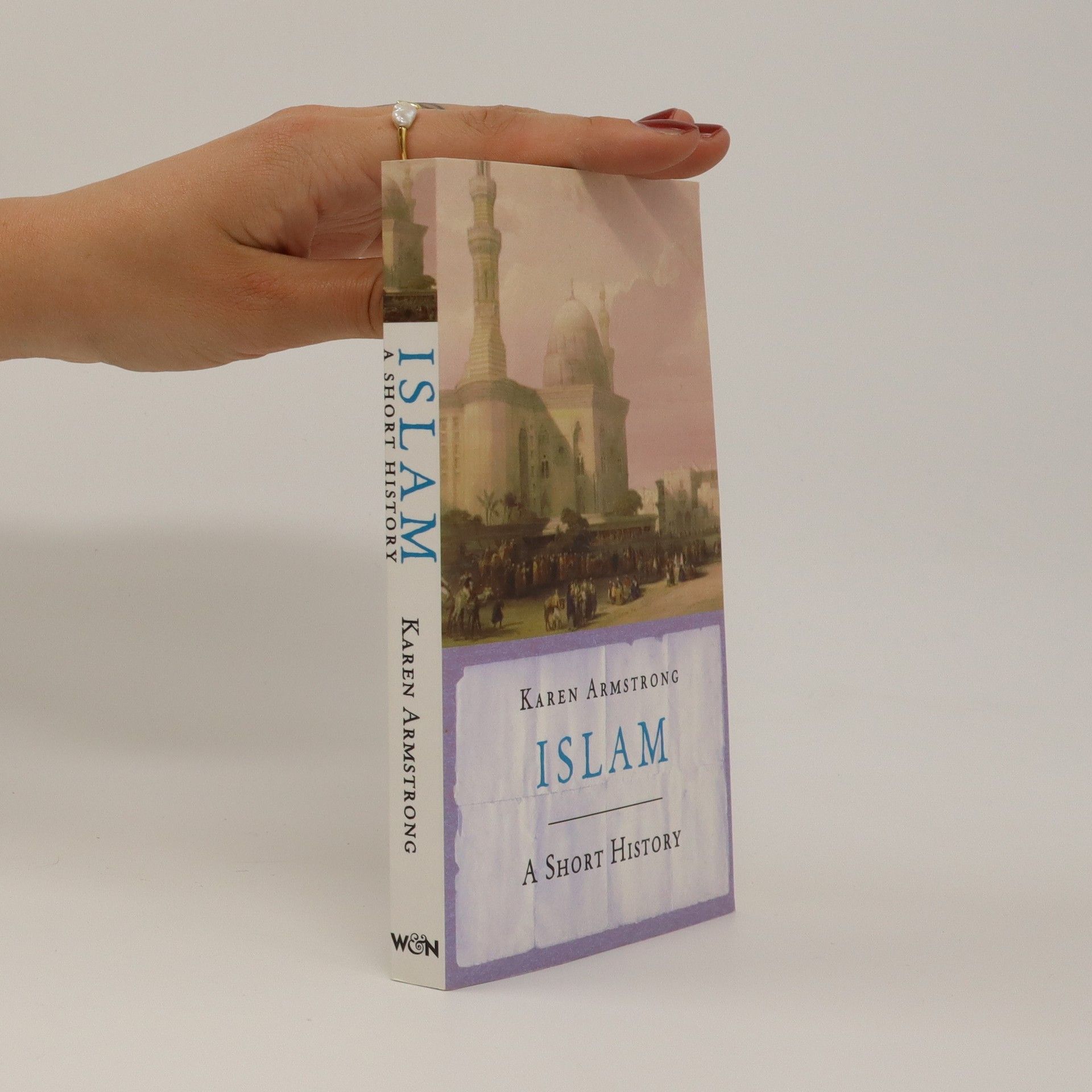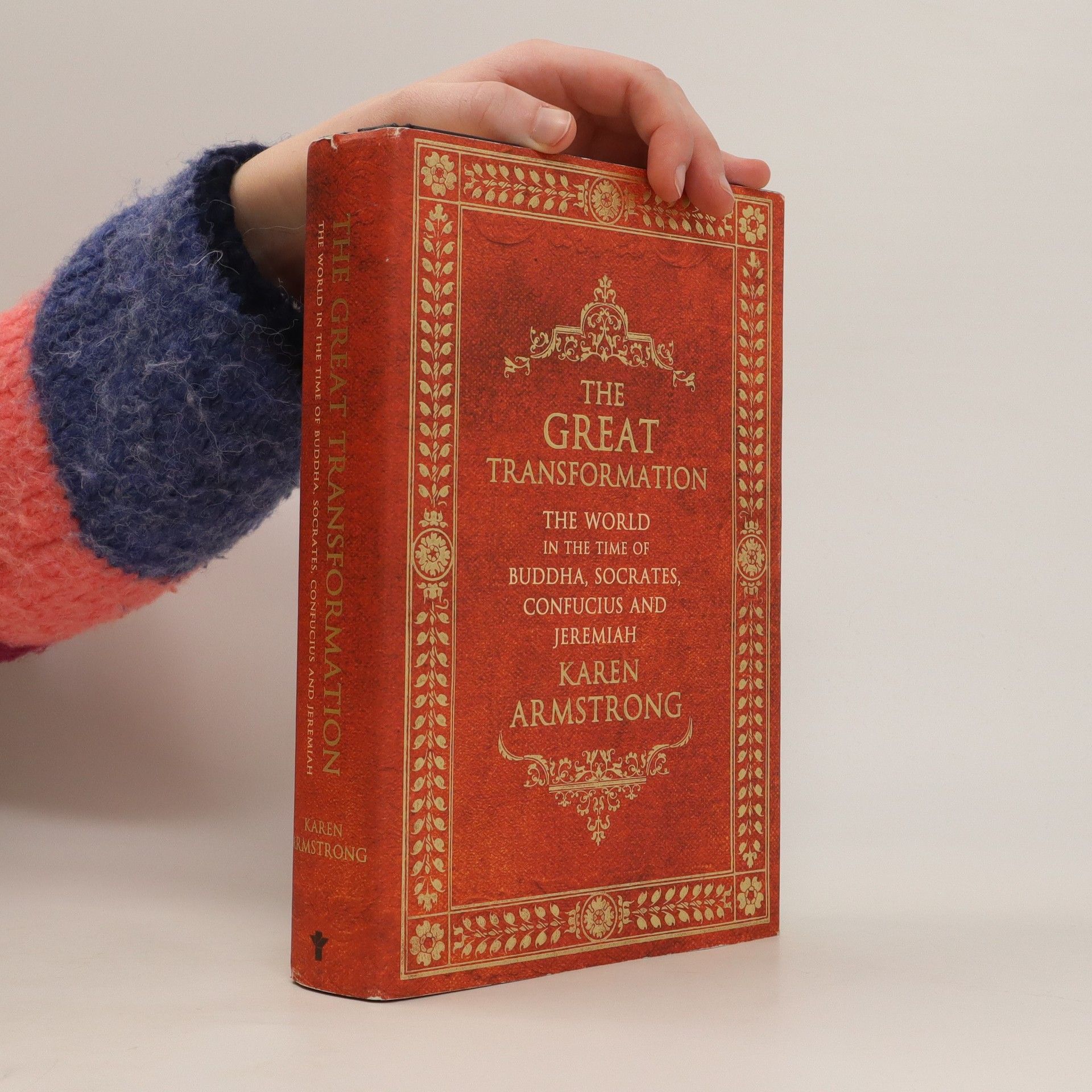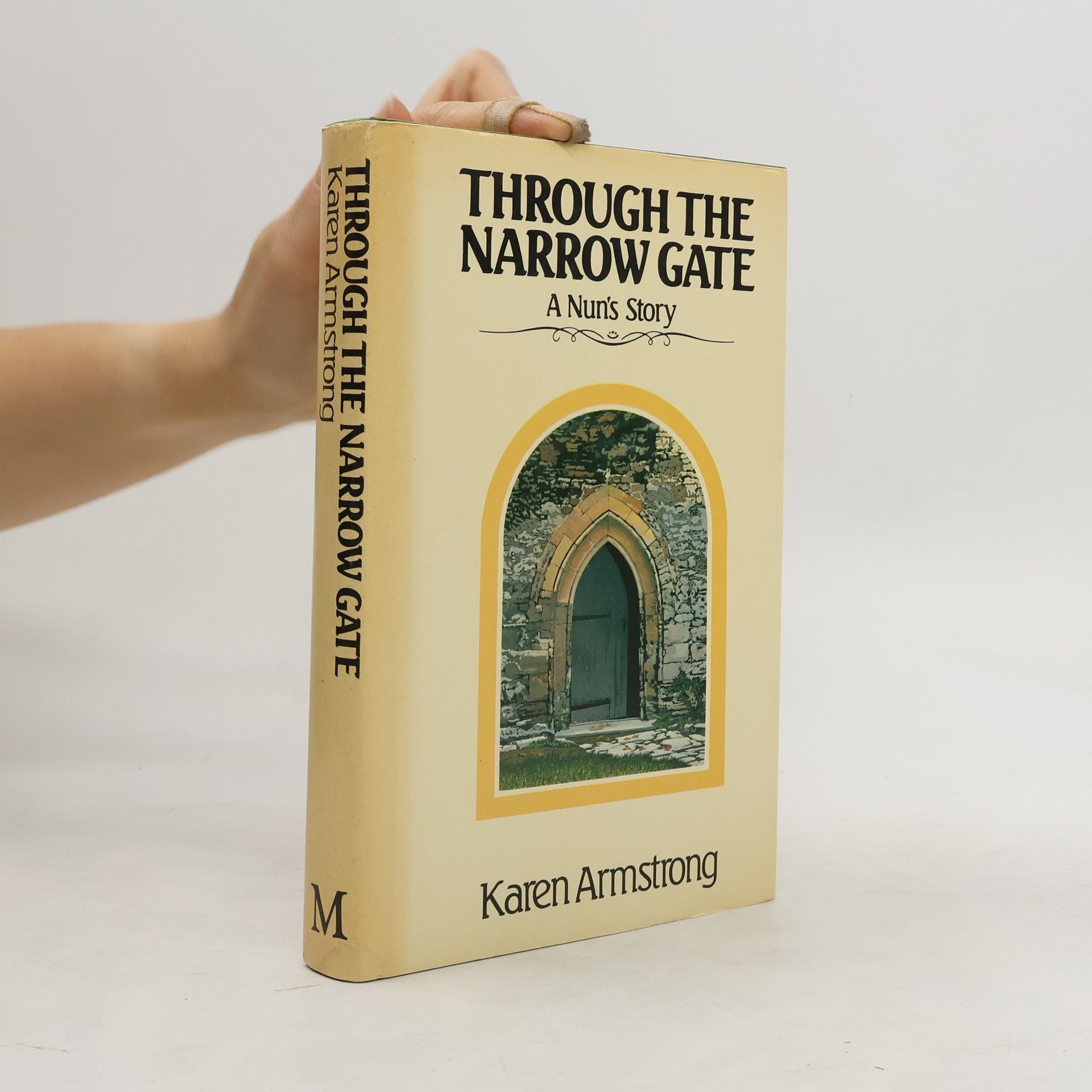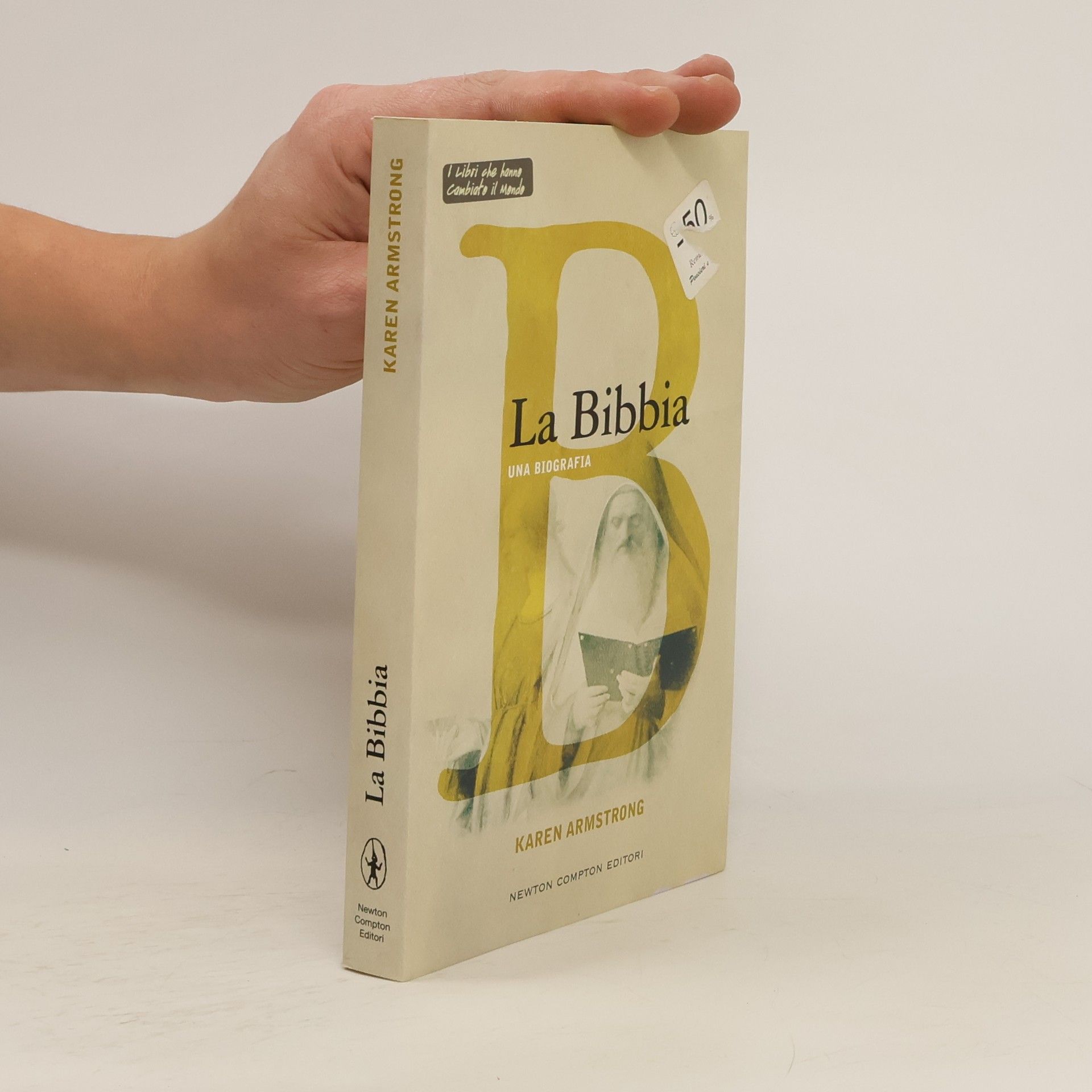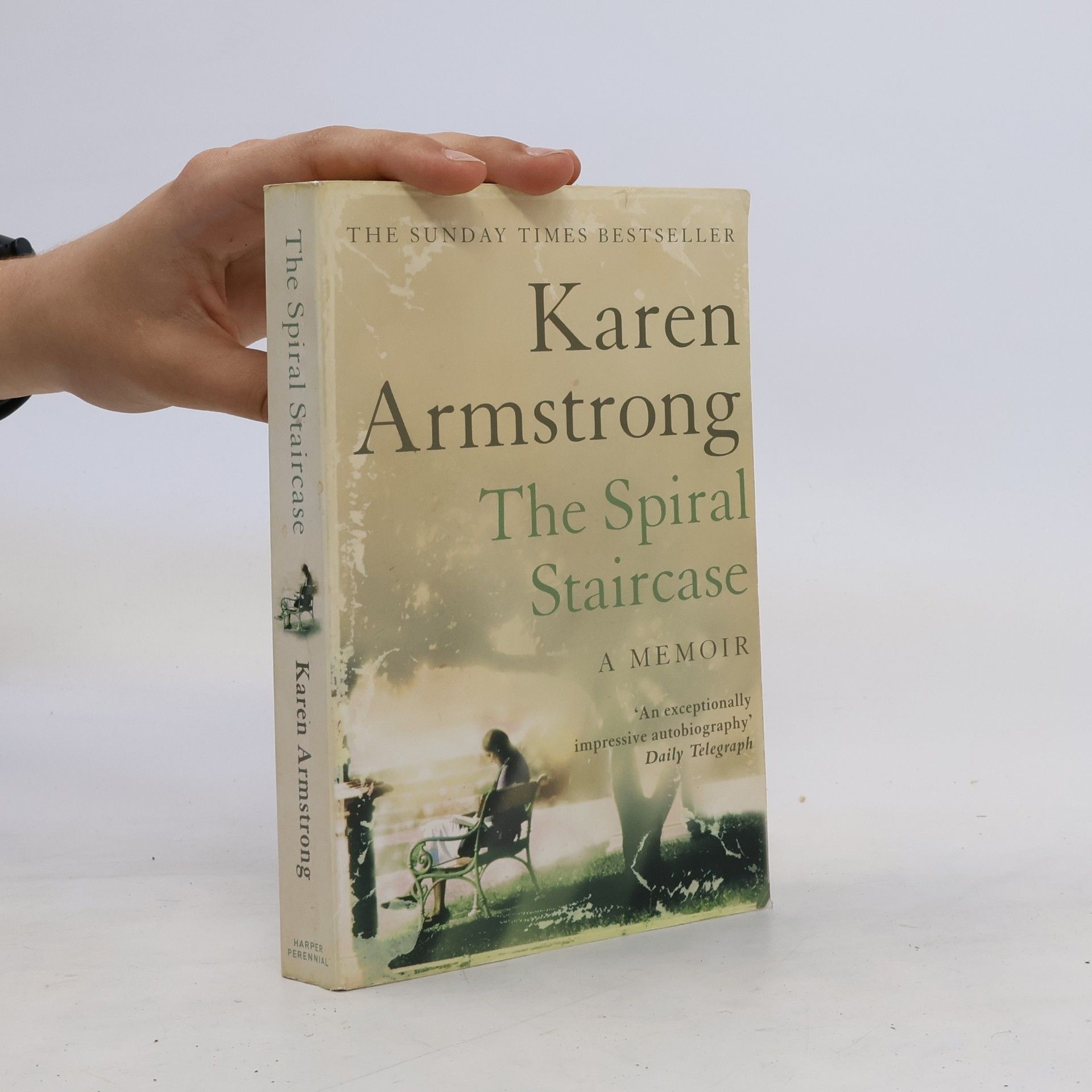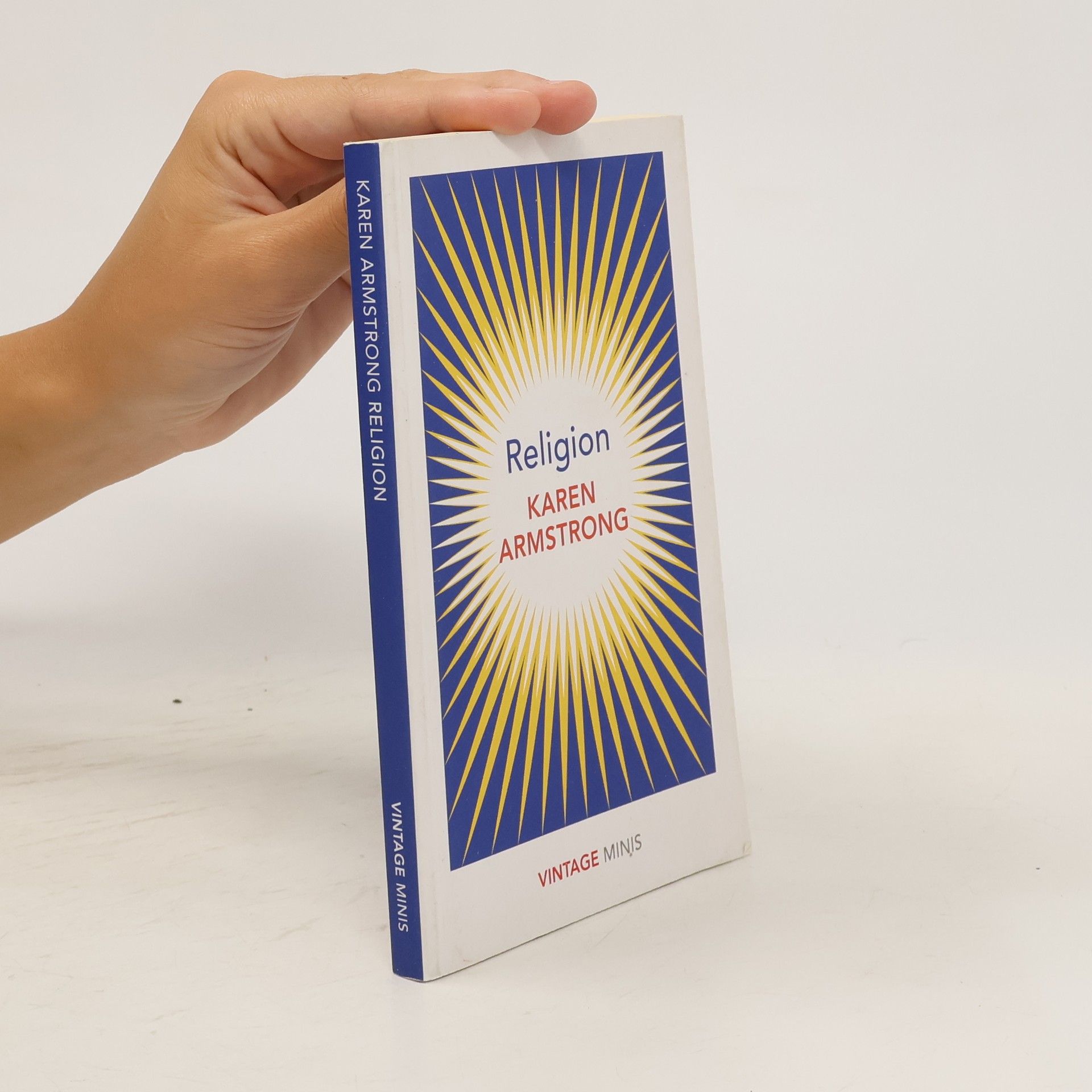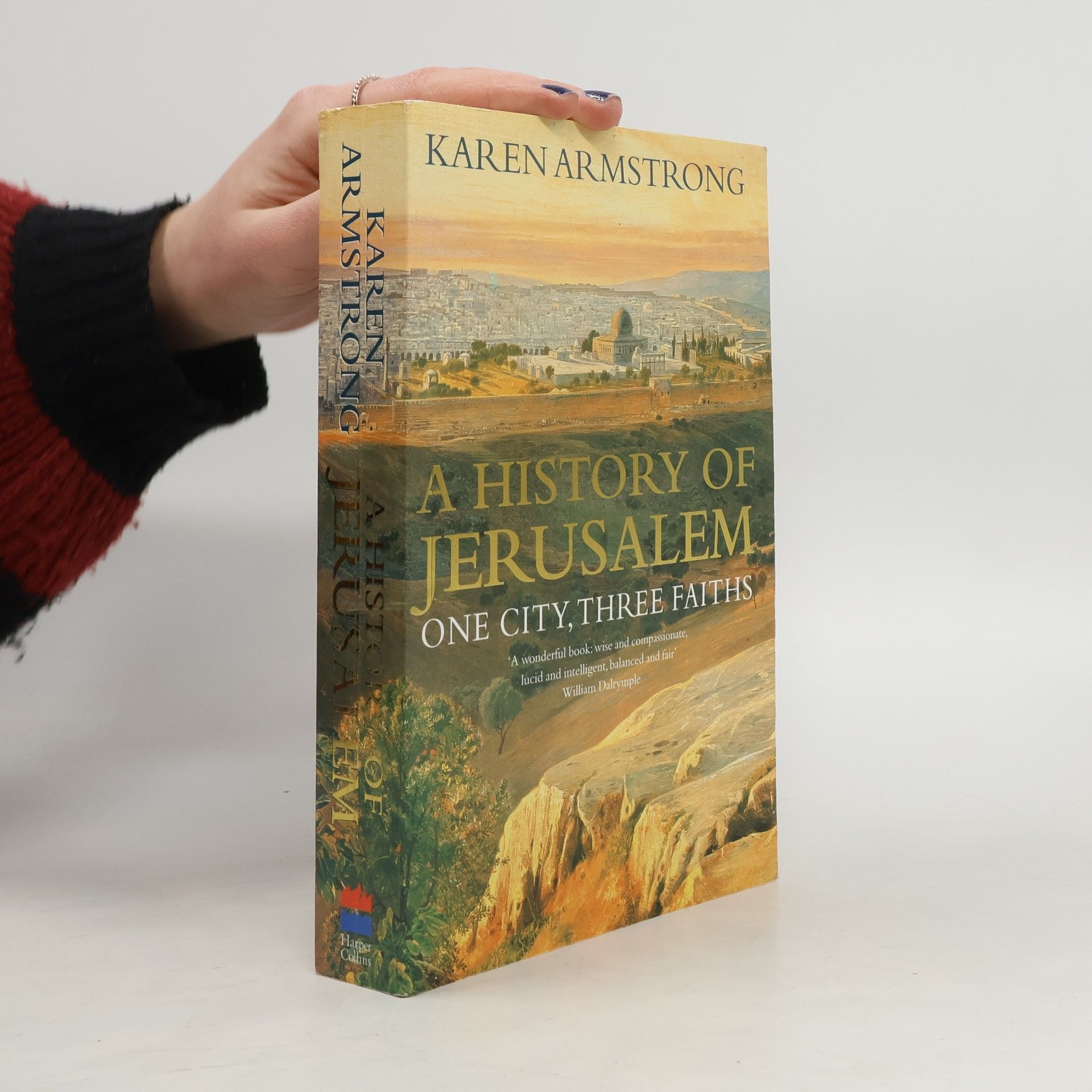I libri che hanno cambiato il mondo: La Bibbia. Una biografia
- 254pagine
- 9 ore di lettura
Tradotta in più di duemila lingue, la Bibbia è il libro più diffuso e più letto nella storia dell'umanità. In questo contributo Karen Amnstrong ne segue e ne analizza la genesi, svelando la complessità e la contraddittorietà di un documento creato da centinaia di persone nel corso di migliaia di anni. Armstrong parte dalle origini dei primi antichissimi libri del Vecchio Testamento prendendo via via in esame tutti gli elementi che hanno contribuito a formare il testo sacro della cristianità. Dalla pratica ebraica del Midrash al culto di Gesù, dal ruolo delle lettere di san Paolo nell'ambito della Riforma alla manipolazione delle rivelazioni a opera del fondamentalismo cristiano, l'autrice esplora i vari contesti in cui i 66 libri che compongono la Bibbia hanno visto la luce, spiega come si sia arrivati a un'opera unica e soprattutto mostra come il libro su cui si fonda la cristianità continui a esercitare la sua influenza politica e filosofica, oltre che religiosa, sul mondo moderno.

